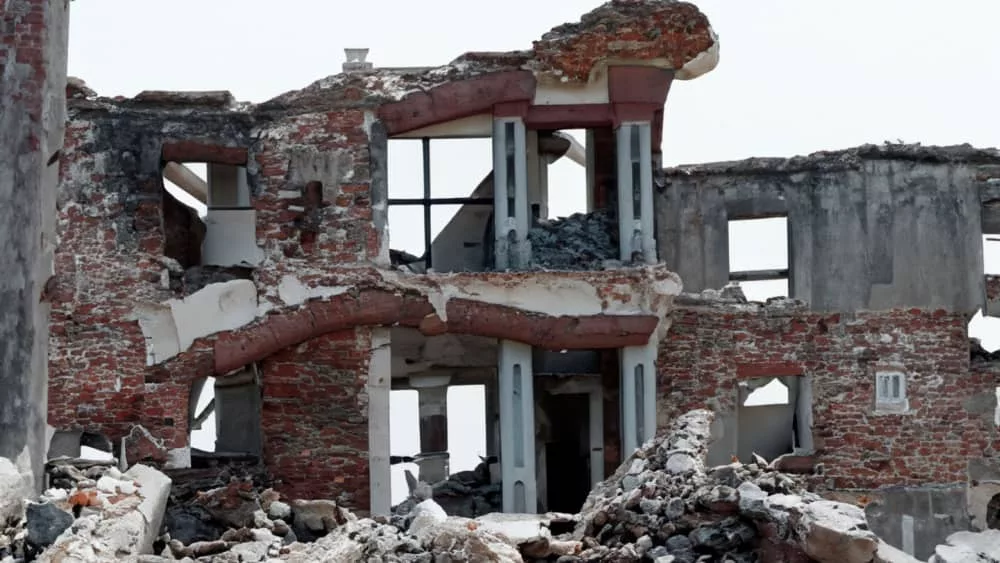According to the U.S. Geological Survey, a 3.9 aftershock hit Morocco on Sunday as they dealt with the aftermath of that nation’s strongest earthquake in more than a century. The United Nations estimates that 300,000 people were affected by Friday night’s magnitude 6.8 quake, which killed more than 2,100 people – a number that is expected to rise.
Authorities continued the search to rescue survivors while racing to reach ruined mountain villages, while Moroccans complained on social networks that the government wasn’t allowing more outside help. Arnaud Fraisse, founder of Rescuers Without Borders, said that international aid crews were poised to deploy, but were waiting for the government to officially request assistance: “We know there is a great urgency to save people and dig under the remains of buildings. There are people dying under the rubble, and we cannot do anything to save them.”
In the streets of the ancient city of Marrakech and in hard-hit Atlas Mountain towns like Moulay Brahim, those left homeless slept outside under makeshift canopies. The worst destruction was in rural communities that are hard to reach because the roads up the mountains were covered by fallen rocks. It wasn’t immediately clear if the aftershock caused more damage or casualties, but it was likely strong enough to rattle nerves in areas where damage has left buildings unstable and residents feared aftershocks.
The Interior Ministry reported that a total of 2,122 people were confirmed dead as a result of Friday’s earthquake, with at least 2,421 others injured, with 1,404 in critical condition. A majority of those who were killed (1,351) were in the Al Haouz district in the High Atlas Mountains, the ministry added.
King Mohammed VI ordered flags lowered across Morocco with three days of national mourning starting Sunday. King Mohammed ordered water, food rations and shelters to be sent to those who lost homes, and called for mosques to hold prayers Sunday for the victims. Aid offers poured in from around the world, but Morocco has not made an official international appeal for assistance. The U.N. said it had a team in Morocco coordinating international support, and Rescuers Without Borders said they had 100 teams made up of a total of 3,500 rescuers registered with a U.N. platform and ready to deploy in Morocco when officially requested.
Editorial credit: Fernando Astasio Avila / Shutterstock.com

